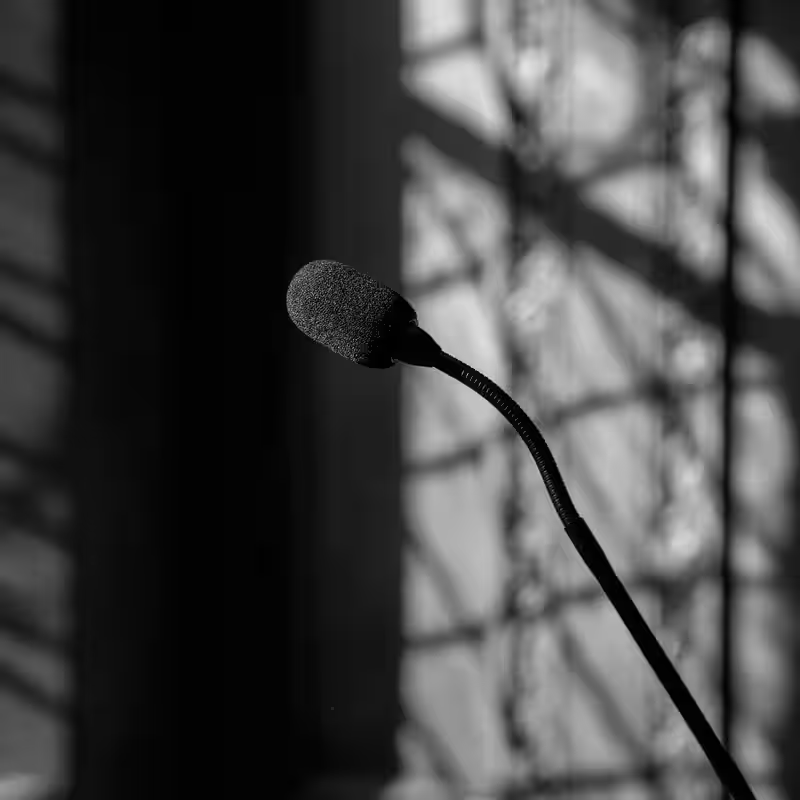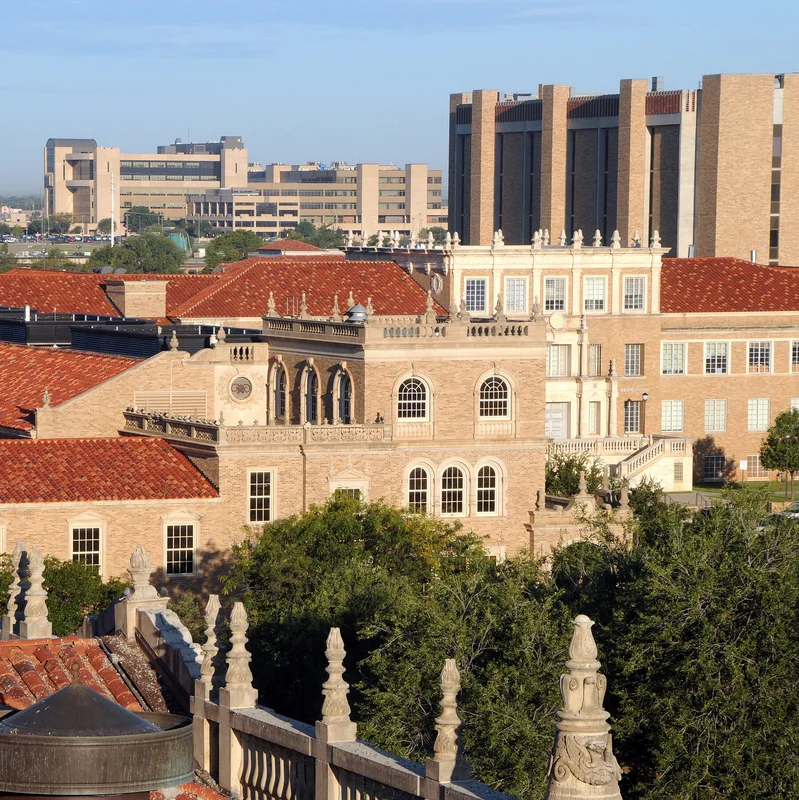The promise of free speech on American college campuses is colliding with a harsh financial reality: protecting controversial voices is costing universities millions.
The Personal Cost of Speaking Out
Danielle Sassoon, a former acting U.S. Attorney for the Southern District of New York and a senior fellow at the Manhattan Institute, has become a focal point in this debate . In a recent guest essay for The New York Times, she detailed her own experience at New York University (NYU), where her invitation to speak was met with intense opposition .
“Security concerns, real or fabricated, arise when a speaker promises to buck campus orthodoxy,” Sassoon wrote, highlighting a growing trend where the mere act of hosting a non-conforming viewpoint triggers a cascade of logistical and financial burdens .
The Staggering Financial Toll
The costs are not just theoretical. Universities are being forced to allocate massive security budgets for events featuring speakers deemed controversial. While a 2017 report cited estimates of $1.4 million for just two events—with the true cost likely “far, far in excess of that”—today’s polarized climate suggests these figures have only grown .
This financial strain raises a critical question: Are public safety concerns being used as a pretext to silence dissenting opinions? Critics argue that the high cost of security effectively acts as a tax on free speech, making it prohibitively expensive for student groups with limited funds to host certain speakers.
A Plea to Leadership
In the wake of these challenges, a broader call to action has emerged. There is a growing plea for former university presidents and national leaders to step in and establish clearer, more consistent policies that protect free expression without bankrupting student organizations .
Broader Implications for Academic Freedom
The issue extends beyond a single speaker or event. It represents a systemic challenge to the core mission of higher education. When the cost of hosting a debate becomes a barrier, the marketplace of ideas suffers. This “lawsuit inferno” and administrative overreach, which Sassoon has also warned about in other contexts, threaten to chill academic discourse across the board .
NYU’s experience is not isolated. Campuses nationwide are grappling with how to balance safety, inclusivity, and the fundamental right to free speech. The current model, where security costs are a primary deterrent, is unsustainable.
Looking for a Solution
Experts and commentators are now urging institutions to develop a more equitable and transparent framework. This could involve central university funding for security at controversial events, standardized risk assessment protocols that are not influenced by a speaker’s political views, and a renewed institutional commitment to the principle that a university is a place for challenging ideas, not just comfortable ones.




